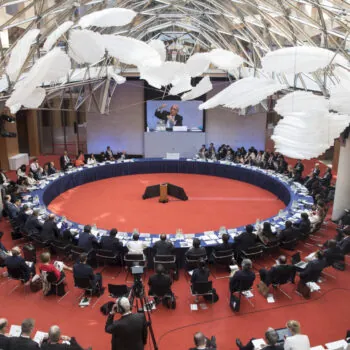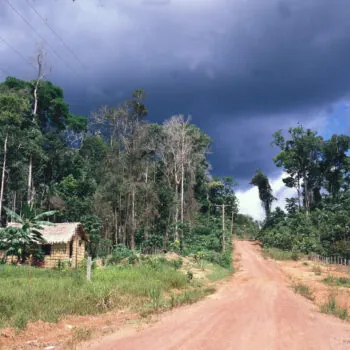This year’s low-profile UN climate conference (COP24) has potentially high impact outcomes.
Once a niche environmental topic, climate has now evolved into a full-blown geopolitical issue. French President Emmanuel Macron, German Chancellor Angela Merkel and Chinese President Xi Jinping all need COP24 to be a “success” to prove multilateralism is still delivering in the face of growing nationalism and unilateralism. This top down impetus means most major powers will be pushing for an adequate outcome at COP24. Though as ever, detailed negotiating dynamics and wild cards could still derail progress.
While countries need COP24 to agree on the details of the rules and mechanisms under the Paris Agreement, the real test for the climate will be how they pivot towards the politics of raising climate ambition in 2019 and 2020. In 2020 countries will finalise their course of climate action until 2030. As highlighted by the IPCC 1.5 report, decisions over the next decade will determine whether we can mitigate the worst risks of climate impacts or lock in a carbon pathway that is likely to keep us on a pathway to over 3 degrees warming.
Headwinds and tailwinds
There is some good news however. Tailwinds – both economic and social – are creating the right conditions for increasing climate ambition up to 2020 and beyond.
These include:
- huge increases in cost-competitive clean technology options, particularly in the energy and transport sector;
- increases in understanding the multiple benefits of strong climate action, including improvements to local air quality, energy security and reducing financial sector risk;
- increases in the lived reality of climate impacts in all parts of the world mean more pressure from affected communities and sectors across the world for action; and
- continual commitment of leading non-state actors – cities, regions, companies, communities – driving the low carbon transition forward is showing what can be done; building momentum and support for economy-wide reforms and stronger policies.
While progress continues, there are also headwinds pushing against climate ambition. These are both a product of broader political factors but also a result of social and political reactions to successful climate change action. As technology costs fall social and political issues are now the greatest barriers to transformational change. Key among these are:
-
other geopolitical issues pulling political leaders’ attention away from climate cooperation and domestic action (trade- tensions, looming financial crisis, Russian aggression, Syria);
-
Growing push-back from incumbent industries and asset owners as well as a lock into outdated regulatory systems which slow deployment of new smarter solutions;
-
Populists co-opting climate as a scape-goat for unpopular policies, stoking fear and undermining public support for international cooperation and preventative action;
-
Community frustration caused by socio-economic consequences of both the energy transition and emerging climate impacts.
There is still broad geopolitical support for a multilateral approach to climate change. The EU, China and although to a lesser extent, India have made big economic bets on low- carbon industries. They see Paris as a key symbol of multilateralism and they want to protect it. On the other hand, erstwhile blockers, including Saudi Arabia, Iran, Russia, Australia – and likely soon Brazil – have hedged their bets. Most prospective blockers, betting on a four-year Trump presidency, have not been willing to antagonize the EU and China by launching a direct assault on the Paris Agreement yet. After the results of the recent US mid-term election, this calculation is unlikely to have significantly changed.
But defence of Paris is not enough. The next question is whether the EU and China can translate this broad support into a more concrete form of positive and ambitious shared climate leadership. A collective approach to building clean and resilient infrastructure the world needs will be key for locking in a global emissions pathway that keeps the Paris goals in reach. Cooperation may be hard and sometimes unpopular at home but it is the only path to a secure climate.


